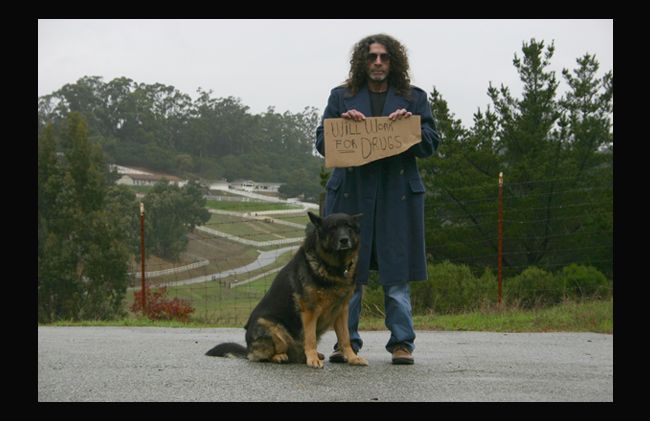The air has been full of 10th-anniversary Iraq war retrospectives. One that caught my eye was a smart piece by Tom Curry, national affairs writer for NBC News, who wrote of one element of the story, the war's impact on the Republican party: "The conflict not only transformed" the GOP, "but all of American politics."
It has, but it's an unfinished transformation.
Did the Iraq war hurt the GOP? Yes. The war, and the crash of '08, half killed it. It's still digging out, and whether it can succeed is an open question.
Here, offered in a spirit of open debate, is what the war did to the GOP:
• It ruined the party's hard-earned reputation for foreign-affairs probity. They started a war and didn't win it. It was longer and costlier by every measure than the Bush administration said it would be. Before Iraq, the GOP's primary calling card was that it was the party you could trust in foreign affairs. For half a century, throughout the Cold War, they were serious about the Soviet Union, its moves, feints and threats. Republicans were not ambivalent about the need for and uses of American power, as the Democrats were in the 1970s and 1980s, but neither were they wild. After Iraq it was the Republicans who seemed at best the party of historical romantics or, alternatively, the worst kind of cynic, which is an incompetent one. Iraq marked a departure in mood and tone from past conservatism.
Enlarge Image
CloseDavid Gothard
• It muddied up the meaning of conservatism and bloodied up its reputation. No Burkean prudence or respect for reality was evident. Ronald Reagan hated the Soviet occupation of the Warsaw Pact countries—really, hated the oppression and violence. He said it, named it, and forced the Soviets to defend it. He did not, however, invade Eastern Europe to liberate it. He used military power sparingly. He didn't think the right or lucky thing would necessarily happen. His big dream was a nuclear-free world, which he pursued daringly but peacefully.
• It ended the Republican political ascendance that had begun in 1980. This has had untold consequences, and not only in foreign affairs. And that ascendance was hard-earned. By 2006 Republicans had lost the House, by 2008 the presidency. Curry quotes National Review's Ramesh Ponnuru at a recent debate at the American Enterprise Institute: "You could make the argument that the beginning of the end of Republican dominance in Washington was the Iraq War, at least a stage of the Iraq War, 2005-06." In 2008 a solid majority of voters said they disapproved of the war. Three-quarters of them voted for Barack Obama.
• It undermined respect for Republican economic stewardship. War is costly. No one quite knows or will probably ever know the exact financial cost of Iraq and Afghanistan, which is interesting in itself. Some estimates put it at $1 trillion, some $2 trillion. Mr. Curry cites a Congressional Budget Office report saying the Iraq operation had cost $767 billion as of January 2012. Whatever the number, it added to deficits and debt, and along with the Bush administration's domestic spending helped erode the Republican Party's reputation for sobriety in fiscal affairs.
• It quashed debate within the Republican Party. Political parties are political; politics is about a fight. The fight takes place at the polls and in debate. But the high stakes and high drama of the wars—and the sense within the Bush White House that it was fighting for our very life after 9/11—stoked an atmosphere in which doubters and critics were dismissed as weak, unpatriotic, disloyal. The GOP—from top, the Washington establishment, to bottom, the base—was left festering, confused and, as the years passed, lashing out. A conservative movement that had prided itself, in the 1970s and 1980s, on its intellectualism—"Of a sudden, the Republican Party is the party of ideas," marveled New York's Democratic senator Pat Moynihan in 1979—seemed no longer capable of an honest argument. Free of internal criticism, national candidates looked daffy and reflexively aggressive—John McCain sang "Bomb, Bomb Iran"—and left the party looking that way, too.
• It killed what remained of the Washington Republican establishment. This was not entirely a loss, to say the least. But establishments exist for a reason: They're supposed to function as The Elders, and sometimes they're actually wise. During Iraq they dummied up—criticizing might be bad for the lobbying firm. It removed what credibility the establishment had. And they know it.
Can the GOP recover from Iraq?
Moderator: Dux
Can the GOP recover from Iraq?
From Peggy Noonan:
"Know that! & Know it deep you fucking loser!"




